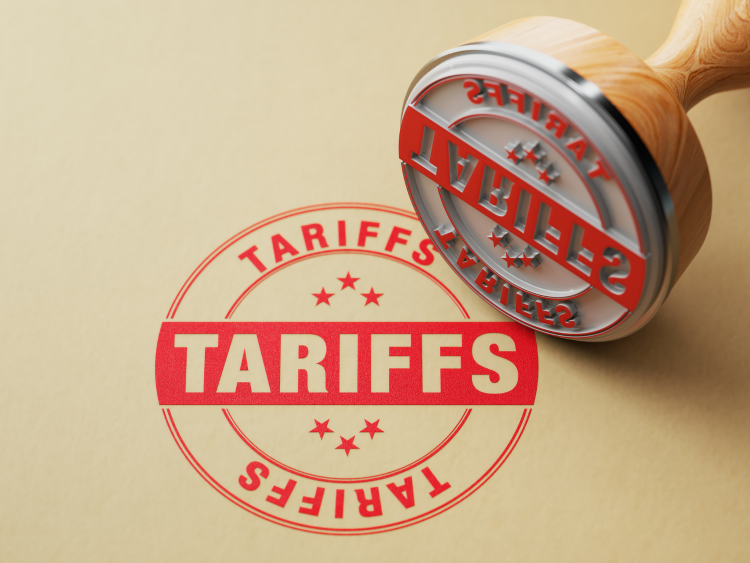AMU

December 18, 2024
Fitch warns more tariffs will pressure global commodity markets
Written by Laura Miller
Broad-based US tariffs on China, Canada, and Mexico would intensify the pressure on global commodity markets, Fitch Ratings warned on Tuesday.
Fitch said the proposed measures – and potential reciprocal actions by affected countries – risk exacerbating existing economic challenges, particularly in China, the world’s largest consumer of commodities.
“New commodity-specific tariffs, mainly on steel and aluminum products, could widen price differentials and divert trade flows,” forewarned the credit agency, which has global headquarters in New York and London.
With US tariffs on Chinese steel products already in place, additional levies would have “minimal direct impact,” Fitch said. That’s because China’s steel exports to the US accounted for less than 1% of its total steel exports in 2023. However, it added that the knock-on effects could be significant.
“Downstream sectors like electronics and renewable energy, heavily targeted by tariffs, may face demand shocks, which could reduce Chinese steel consumption and redirect exports to other regions,” Fitch noted. This diversion of trade flows could lead to tighter margins for steelmakers in regions like Europe and India.
The aluminum market would be equally vulnerable to new tariffs. According to CRU, the US relies on imports from Canada for ~70% of its primary aluminum needs. Tariffs would strain US rolling mills and impact the profitability of North American supply chains, Fitch said.
Similarly, increased duties on Canadian crude oil could affect US refining margins by widening benchmark price spreads, it noted.
“Rising trade tensions could increase commodity price volatility and lead to some regional price disparities,” the agency added. “Geopolitical factors will maintain the risk premium unless military conflicts de-escalate.”
Fitch emphasized that the long-term impact of these tariffs depends on their scope and the degree of retaliation from affected countries. “The current trajectory of rising trade barriers adds another layer of complexity to already challenging global economic conditions,” it concluded.




